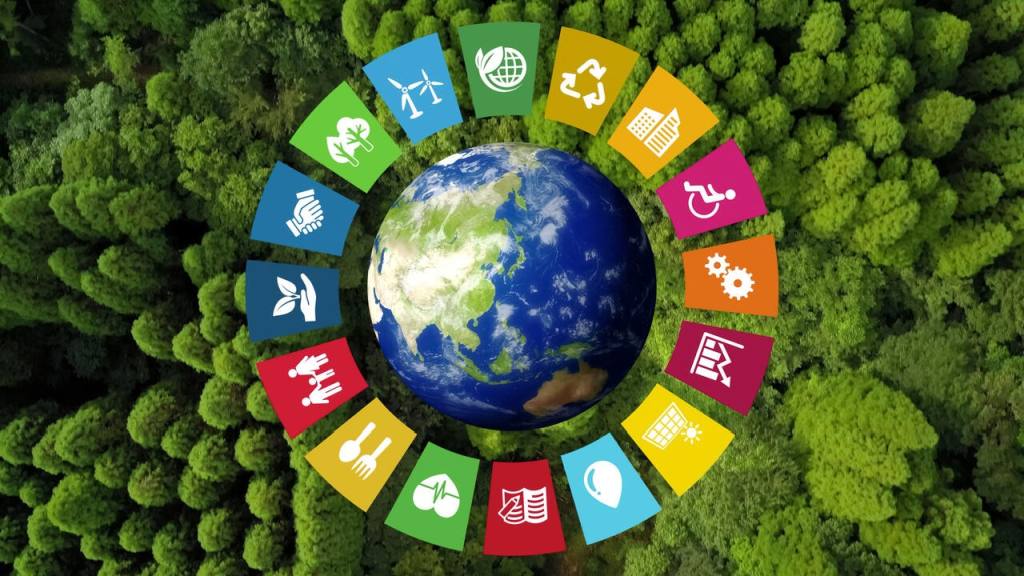How Cities Can Track and Report Progress on Sustainability Goals

As cities around the world commit to ambitious sustainability goals, the challenge of tracking and reporting progress becomes increasingly important. Achieving targets related to reducing carbon emissions, improving energy efficiency, and enhancing public green spaces requires not only well-designed strategies but also robust systems for monitoring and evaluating progress. For cities to meet these objectives, they must develop transparent and effective methods for tracking and reporting their efforts. These practices not only help ensure accountability but also foster public trust and engagement, enabling communities to play an active role in achieving sustainability.
Setting Clear and Measurable Goals
The foundation of any successful sustainability initiative begins with setting clear, measurable, and achievable goals. Cities must define their sustainability objectives in a way that allows for consistent tracking over time. Whether the aim is to reduce greenhouse gas emissions by a certain percentage or to increase the number of electric vehicles on the road, these goals should be specific, time-bound, and aligned with broader regional, national, or global sustainability targets.
To ensure that goals are realistic and achievable, cities can conduct baseline assessments to understand their current environmental impact. This involves collecting data on key indicators such as energy consumption, waste production, water usage, and air quality. With a clear understanding of the starting point, cities can set targets that are both ambitious and attainable. Regularly revisiting and, if necessary, adjusting these goals ensures they remain relevant in the face of changing circumstances and new challenges.
Implementing Data Collection and Management Systems
Accurate tracking of sustainability goals requires robust data collection and management systems. Cities need to invest in technologies and processes that allow for the efficient collection, analysis, and storage of data. This includes deploying sensors, smart meters, and other monitoring devices that can capture real-time data on energy use, traffic patterns, air quality, and more. These tools provide valuable insights that can inform decision-making and help cities stay on track to meet their goals.

In addition to technology, cities must also establish clear protocols for data management, ensuring that data is collected consistently and accurately. This involves training staff on data collection methods, setting up systems for data verification and validation, and creating standardized formats for data reporting. By building strong data management practices, cities can ensure that their sustainability efforts are based on reliable and up-to-date information.
Engaging Stakeholders and Building Partnerships
Tracking and reporting progress on sustainability goals is not something cities can do alone. It requires the involvement of a wide range of stakeholders, including government agencies, businesses, non-profit organizations, and the general public. By engaging these groups in the process, cities can build a collaborative approach to sustainability that leverages the strengths and expertise of each stakeholder.
Public engagement is particularly important, as it fosters transparency and accountability. Cities can use a variety of methods to keep the public informed about progress, such as regular reports, public meetings, and interactive websites. These platforms allow residents to see how their city is performing against its sustainability targets and provide opportunities for feedback and participation. Additionally, partnerships with businesses and non-profits can help cities access additional resources, expertise, and innovation, further supporting their sustainability efforts.
Reporting Progress and Celebrating Success
Regular reporting is essential for maintaining momentum and demonstrating progress on sustainability goals. Cities should develop a reporting framework that includes both quantitative data, such as metrics on energy consumption and emission reductions, and qualitative information, such as case studies and success stories. This approach provides a comprehensive view of progress, highlighting both the achievements and the challenges faced along the way.
To ensure reports are accessible and engaging, cities can use visual tools such as dashboards, infographics, and maps. These tools make complex data easier to understand and can help communicate the impact of sustainability efforts to a broader audience. Additionally, celebrating successes, no matter how small, is crucial for maintaining public support and motivation. Recognizing milestones, whether through awards, public announcements, or community events, reinforces the city’s commitment to sustainability and encourages continued efforts.
Conclusion
Tracking and reporting progress on sustainability goals is a critical component of any city’s sustainability strategy. By setting clear and measurable goals, implementing effective data collection and management systems, engaging stakeholders, and regularly reporting progress, cities can ensure they are on the right path toward achieving their sustainability objectives. These practices not only enhance accountability and transparency but also build public trust and foster a sense of shared responsibility in creating a more sustainable future. As cities continue to address the challenges of climate change and environmental degradation, robust tracking and reporting systems will be essential tools for driving meaningful and lasting change.








